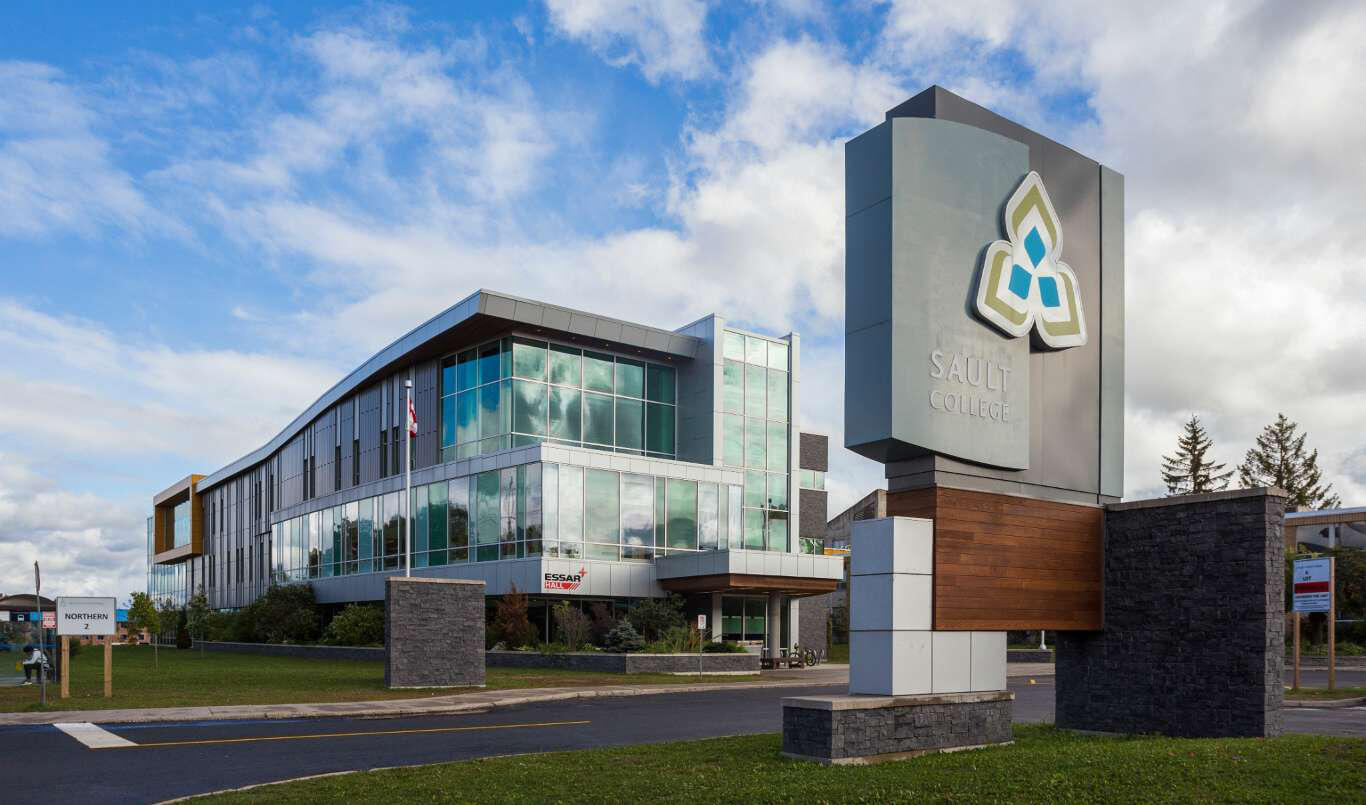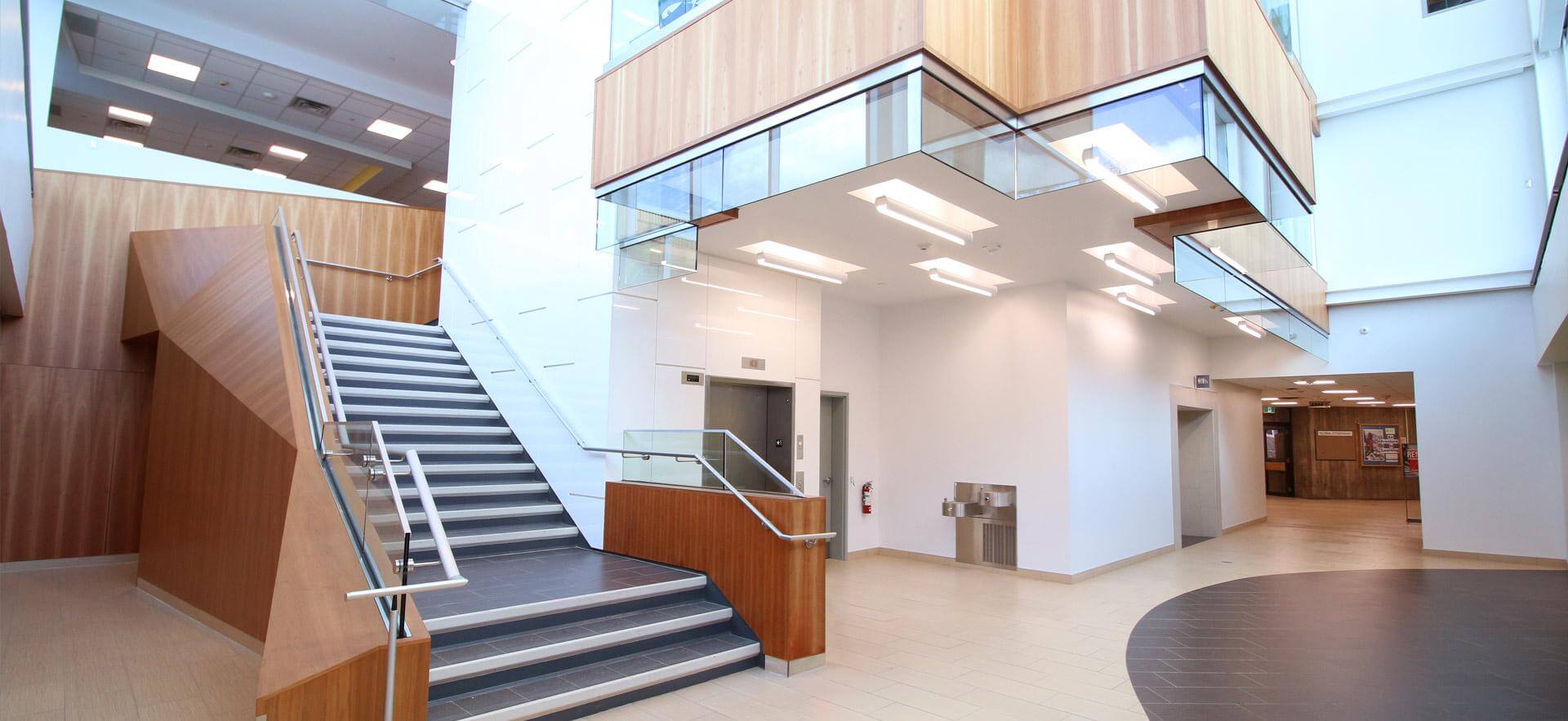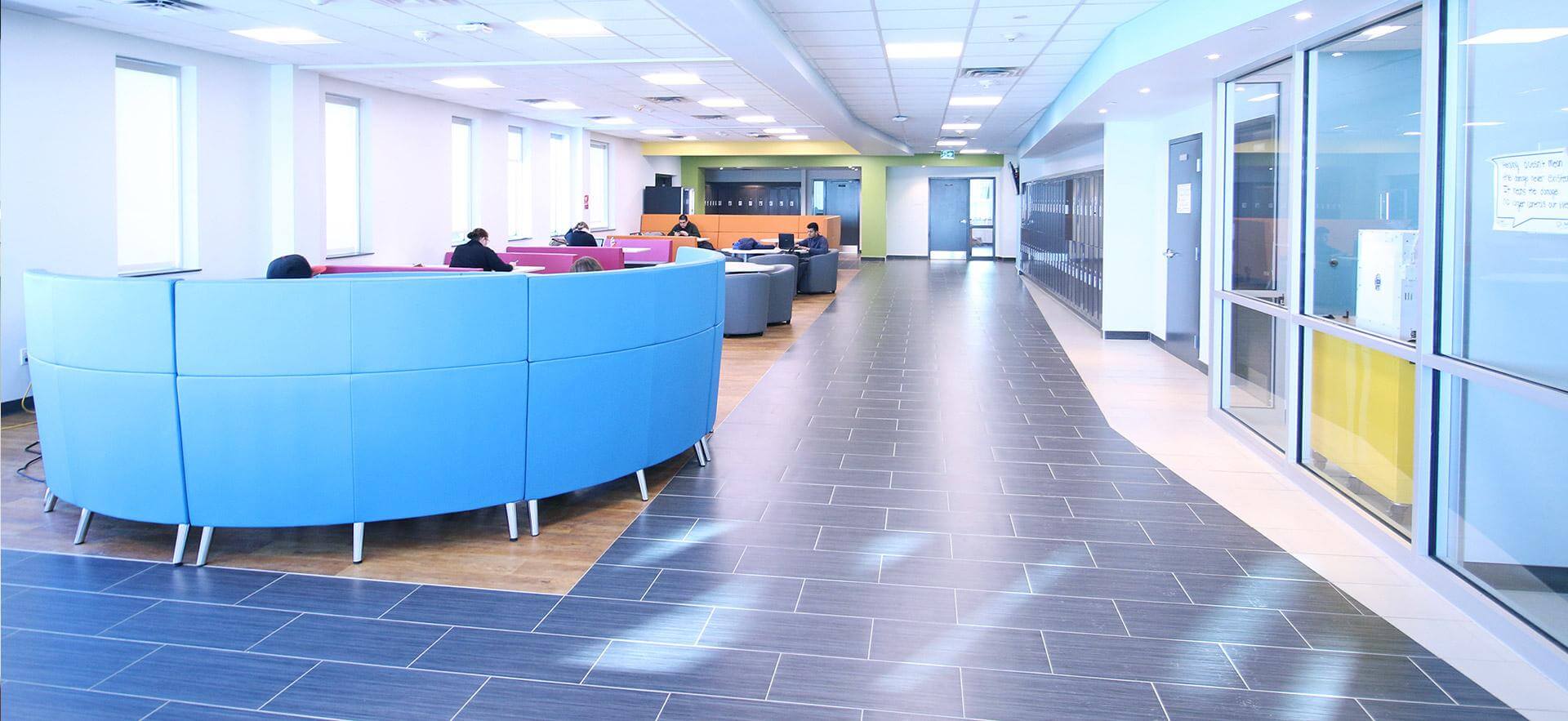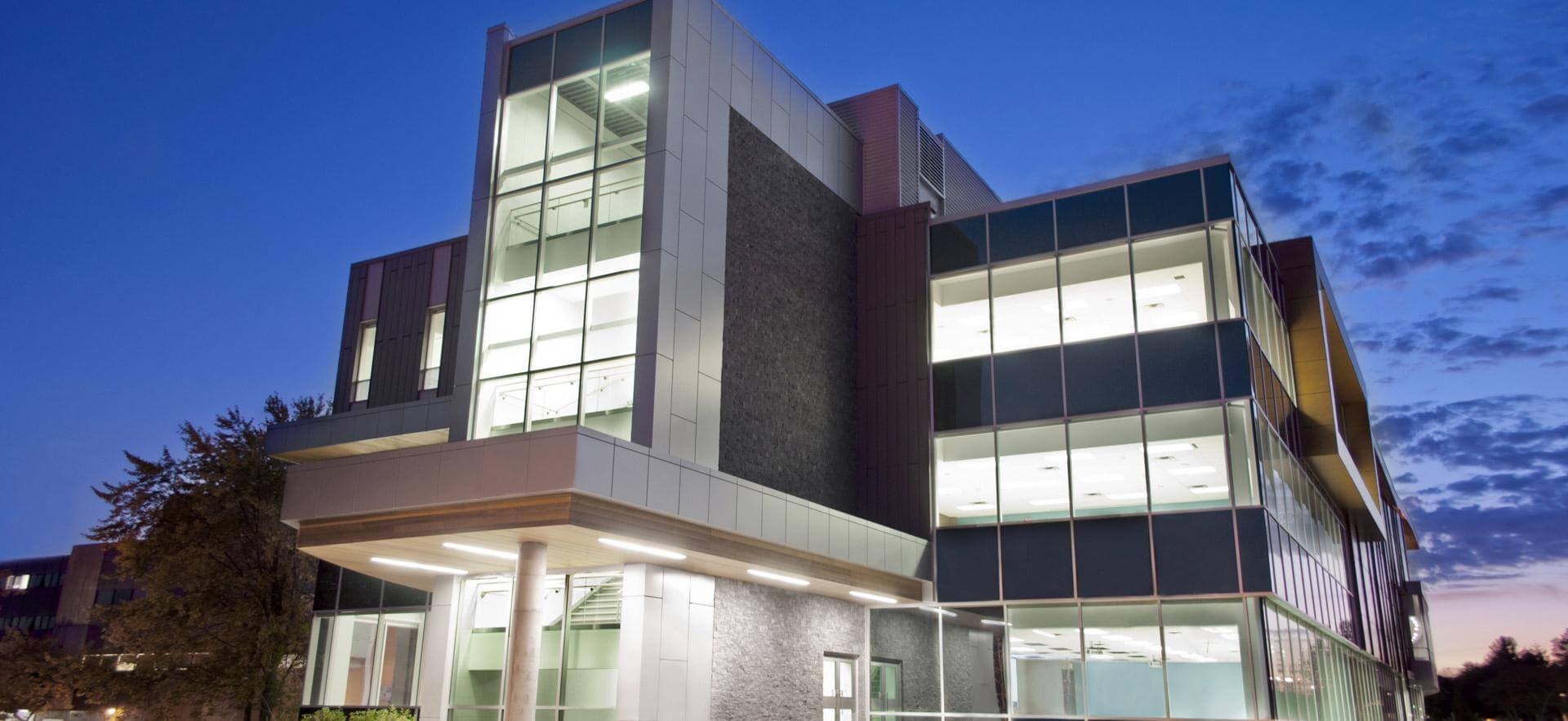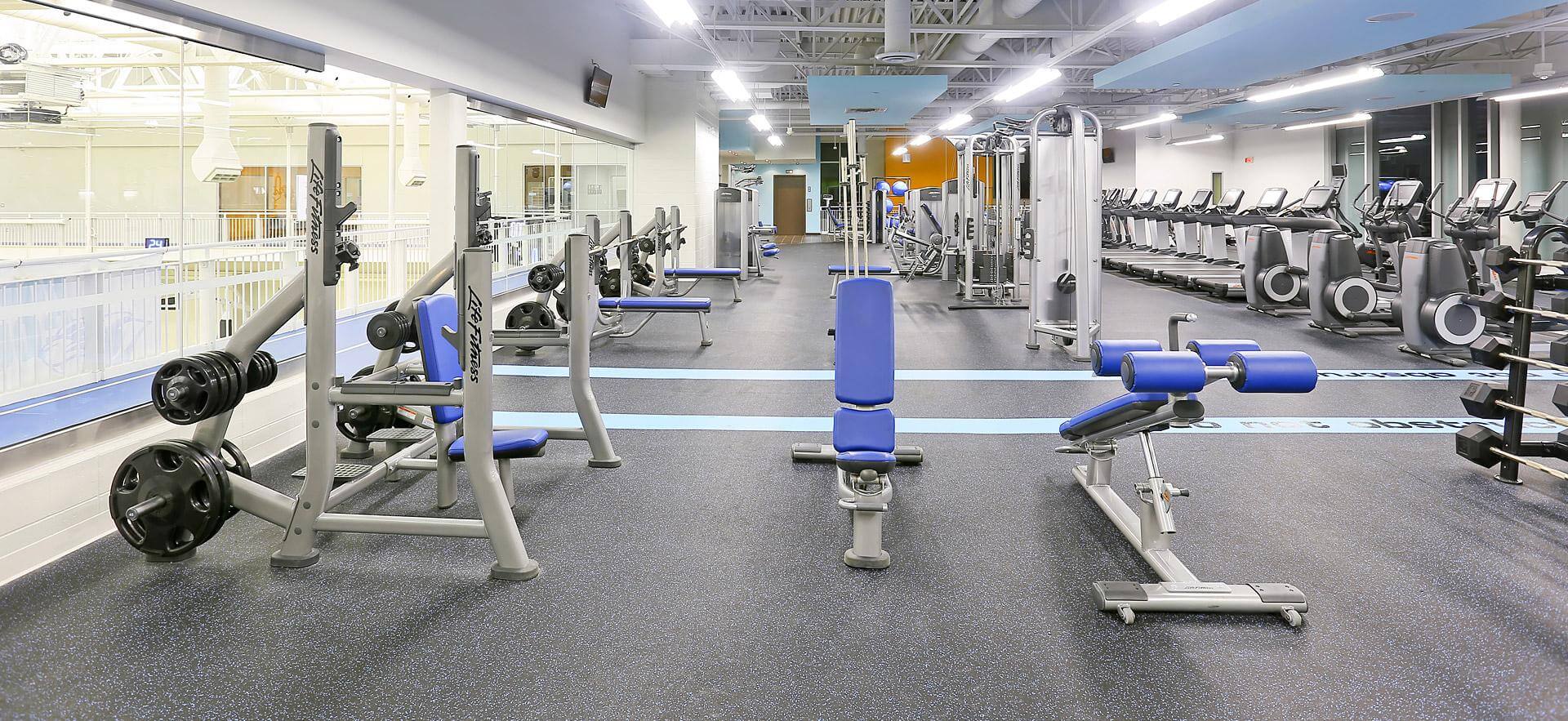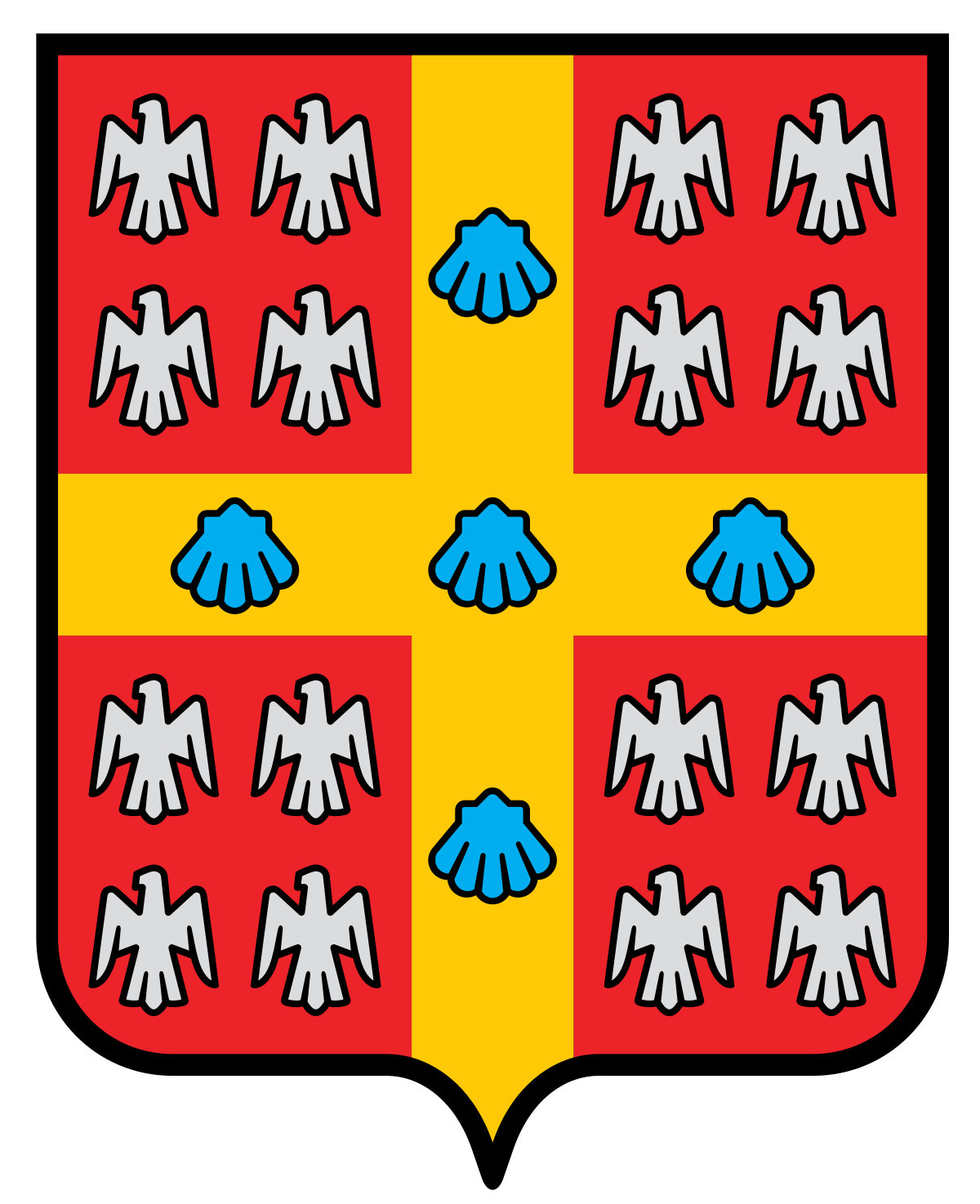Engineering Mathematics: Students will learn mathematical concepts and techniques applicable to civil engineering, including algebra, trigonometry, calculus, and statistics.
Engineering Graphics and CAD: Courses in engineering graphics and computer-aided design (CAD) teach students how to create technical drawings and designs using industry-standard software. They will learn about technical drawing standards, 2D and 3D modeling, and interpreting engineering drawings.
Structural Analysis and Design: Students will gain an understanding of the principles of structural analysis and design. They will learn how to calculate forces and stresses in structures, design structural elements such as beams and columns, and analyze structural behavior.
Construction Materials and Methods: Courses on construction materials and methods cover the properties and applications of different construction materials, such as concrete, steel, and wood. Students will learn about construction techniques, building codes, and specifications.
Surveying and Geomatics: Students will learn surveying techniques and equipment used in civil engineering projects. They will gain practical skills in land surveying, including measurement, data collection, and mapping.
Highway and Transportation Engineering: Courses on highway and transportation engineering focus on the design and analysis of transportation systems. Students will learn about road design, traffic analysis, transportation planning, and transportation infrastructure.
Environmental Engineering: Students will be introduced to environmental engineering concepts, including water and wastewater treatment, environmental impact assessment, and sustainable practices in civil engineering projects.
Construction Management: Courses in construction management provide students with knowledge of project management principles and practices in the construction industry. They will learn about project planning, scheduling, cost estimation, and construction site management.
Show less

